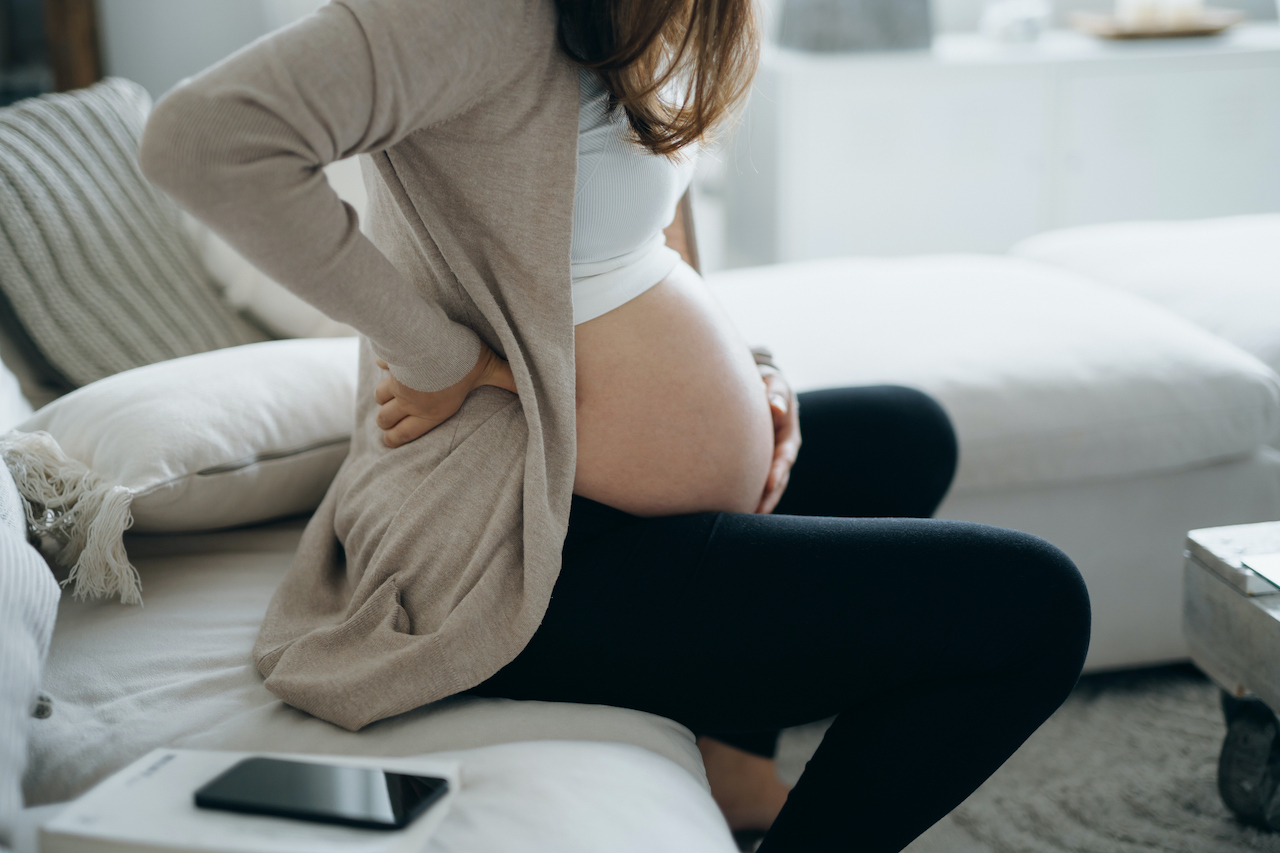Intermittent fasting for women: Is it safe?
There are a few areas to consider when it comes to intermittent fasting for women. We spoke to a medical expert about how to approach it safely

Fasting can affect women’s bodies and hormones differently throughout the month, making intermittent fasting for women a slightly trickier area to navigate than it is for men.
Women’s bodies run on a monthly pattern with a uterine and ovulatory cycle running in tandem, causing hormonal fluctuations within the body. While women may benefit from intermittent fasting, they are advised to take a more relaxed approach to the way they fast, due to the impact these hormones have on appetite and energy requirements.
To work out exactly how women can navigate intermittent fasting safely, Live Science spoke to Dr Nirusa Kumaran, Medical Director & Founder of Elemental Health Clinic. Our guides to the best protein powder for women and the best multivitamin for women may also come in handy to make sure you're maximising your nutrition during eating windows.
How is intermittent fasting for women different?
Men and women should approach intermittent fasting differently, with evidence suggesting that more severe restrictions may be less suitable for women. A study in Obesity Society, for example, found that women with a healthy body weight began to experience an impaired glucose response with alternate day fasting. Time restricted eating (TRE) may be a safer option. This is where you have a set ‘eating window’ during the day (such as eight or 10 hours), and fast the rest of the time.
Dr Kumaran advises caution to women looking to try intermittent fasting for the first time. “Women can be more sensitive to intermittent fasting due to the monthly menstrual cycle and subsequent hormonal fluctuations that women experience,” she says. “Women also have a greater sensitivity to changes in energy balance, as fasting can trigger an exaggerated response to stress. This can then have the opposite effects of the intended health benefits of intermittent fasting.”

She also explains that intermittent fasting may be associated with a decrease in the hormone estrogen, which may affect fertility and the ability to conceive. “One of the main reasons why this is thought to happen is due to a hormone called kisseptin,” she says. “Kisspeptin is produced by the hypothalamus in the brain and causes the cascade of events that eventually leads to the production of hormones LH and FSH by the pituitary gland. It is found in both men and women, and it is therefore responsible for the ultimate production of the male and female sex hormones, testosterone and oestrogen. Intermittent fasting may cause a decline in kisspeptin levels, as found in some studies. As such, this means less estrogen is produced in women, leading to issues such as infertility and amenorrhoea (or absence of periods).”
Females are reported to have more kisspeptin compared to males, she adds, which is why women appear to be more sensitive to changes in kisspeptin levels.
Intermittent fasting for women: the menstrual cycle
The menstrual cycle has four uterine stages: the proliferative stage, ovulation, the secretory stage and menstruation. Additionally, over these four uterine stages the ovaries are either in a follicular phase (from menstruation to ovulation) or a luteal phase (from ovulation to menstruation). Because of this constant fluctuation of hormones, intermittent fasting may not be suitable for women at every stage of the reproductive cycle.
A study in the Journal of Endocrinological Investigation indicates that gonadotropins, the hormones responsible for moderating the follicular and luteal phase, can be interrupted by weight loss related factors, causing changes in reproductive functions including anovulation and infertility.
“During a typical menstrual cycle, your estrogen levels start to decline the week before the onset of your period, if an egg is not fertilized,” explains Dr Kumaran. “The decline in estrogen in the body can be stressful and cause a rise in cortisol levels. As such, adding extra stressors to the body, such as intermittent fasting, may be counterproductive. Similarly, during the first three days of your period you may be losing lots of blood, which again can be quite stressful for the body. It is best to wait for the bleeding to reduce in severity, and then intermittent fasting can safely be resumed.”
The best way to approach intermittent fasting as a woman is to feel out how you react to fasting at different times during your cycle; some times may feel less sustainable than others.
“In some women, the declining estrogen may not be stress inducing, and they may tolerate intermittent fasting ok,” adds Dr Kumaran. “It is important to take a fully personalized approach, as one size does not fit all. If you are having irregular periods, it is important to understand the cause for why you are having irregular periods before attempting intermittent fasting. As such, it is important to work with a health practitioner. In the absence of periods, intermittent fasting is not recommended.”
If you don't think intermittent fasting is for you, you can have a look at our guides to what is the paleo diet and how does it work or the Mediterranean diet: everything you need to know to see if these diets would suit you better.
Is intermittent fasting safe for women?
Intermittent fasting is safe for most women, although you may want to take a different approach to it than a man might. However, if you are pregnant, breastfeeding or trying to conceive, you should avoid intermittent fasting as well as any other kind of restrictive diet. Additionally, if you have a history of disordered eating, intermittent fasting may not be appropriate for you due to its restrictive nature.
Dr Kumaran notes that there are some exceptions to this. “In women with PCOS, researchers have found that intermittent fasting may actually improve fertility due to the improvement of insulin sensitivity and reduction in glucose and insulin levels.”

Intermittent fasting and the menopause
After menopause, women often find their metabolism changes and they may put on fat around their middle due to hormonal changes. A review in the 2021 Annual Review of Nutrition indicated that the cardiometabolic benefits of fasting can help those with obesity. Another review in Menopause Review suggests that obesity can be connected to menopause in mid-life women, due to the role of estrogen in metabolic regulation.
Dr Kumaran adds that the menopause can have different affects on women depending on how they experience it, making intermittent fasting suitable for some and not others.
“During and after menopause, your sex hormones decline, you become insulin resistant, and your metabolism can slow down,” she says. “In some women intermittent fasting can help with these symptoms, however other women may be very sensitive to the excess stress menopause causes.”
References
Glucose Tolerance and Skeletal Muscle Gene Expression in Response to Alternate Day Fasting Obesity Society (2012)
Functional hypothalamic amenorrhea and its influence on women's health Journal of Endocrinological Investigation (2014)
Cardiometabolic Benefits of Intermittent Fasting Annual review of nutrition (2021)
Sign up for the Live Science daily newsletter now
Get the world’s most fascinating discoveries delivered straight to your inbox.

Lou Mudge is a health writer based in Bath, United Kingdom for Future PLC. She holds an undergraduate degree in creative writing from Bath Spa University, and her work has appeared in Live Science, Tom's Guide, Fit & Well, Coach, T3, and Tech Radar, among others. She regularly writes about health and fitness-related topics such as air quality, gut health, diet and nutrition and the impacts these things have on our lives.
She has worked for the University of Bath on a chemistry research project and produced a short book in collaboration with the department of education at Bath Spa University.









